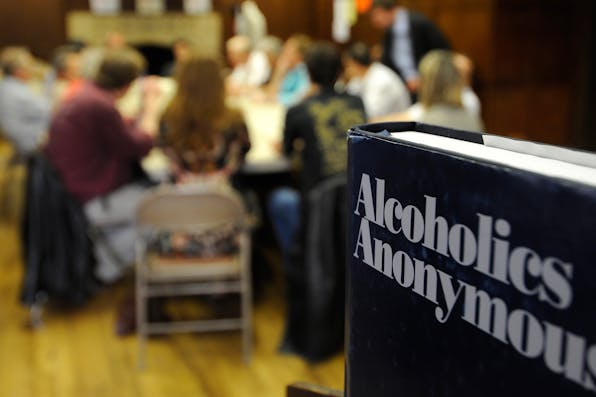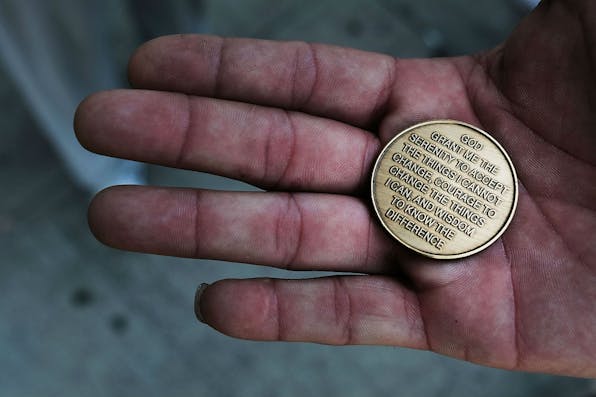
August 22, 2017
Judaism Can Help Those Whose Electronic Yearnings Get the Better of Them
Daily prayer breaks, the proper observance of Shabbat, and other practices focus minds against the lure of smartphones.
Jeffrey Bloom begins his fine essay with a discussion of a form of addiction that has lately been the subject of widespread worry: the addiction of many Americans, and especially many younger Americans, to their “screens.” As a behavioral addiction, in contrast to the much more serious plague of chemical addiction to drugs, it is also easier to ridicule or dismiss. But Bloom devotes some enlightening paragraphs to a recent book detailing its gravely debilitating effects on the lives of those caught in its snare and, alarmingly, to the ways in which (in his words) “the feedback mechanisms of social media” and video games “are engineered [my emphasis] to erode self-control”—in other words, the ways in which whole industries implicitly collude in the creation of more addicts.
How to treat this addiction to what, in extreme cases, a psychiatrist quoted by Bloom has dubbed the equivalent of “electronic heroin”? Here Bloom faults the book he has been discussing (Irresistible, by the New York University professor Adam Alter) for inadequately considering the twelve-step recovery program developed at Alcoholics Anonymous in the 1930s and long since adapted “to a wide range of behavioral addictions beyond alcohol abuse.” This affords Bloom a transition point to a much lengthier and fascinating excursion into the history and philosophy of AA and ultimately to the often-noted resemblance of its twelve-step program to the theological approach taken by different religions, one of which is Judaism. Indeed, as Bloom writes poignantly, “many Jewish addicts have been surprised to find themselves reconnecting to the God of their fathers in, of all places, twelve-step meetings held in a church basement.”
Agreeing with Bloom, I’d like briefly to elaborate here upon some ways in which Judaism’s “program” can be of help—that is, self-help—to those, especially those Jews, whose electronic yearnings have threatened to get the better of them.
Responses to August ’s Essay

August 2017
Why There Is No Secular Substitute for Alcoholics Anonymous
By Christopher Caldwell
August 2017
Challenging the Theophobia of Many Contemporary Social Scientists and Experts on Addiction
By Paul McHugh
August 2017
Judaism Can Help Those Whose Electronic Yearnings Get the Better of Them
By Tevi Troy
August 2017
Addicts Do Need to Get Right with God, but That Doesn’t Mean They Need Religion
By Jeffrey Bloom